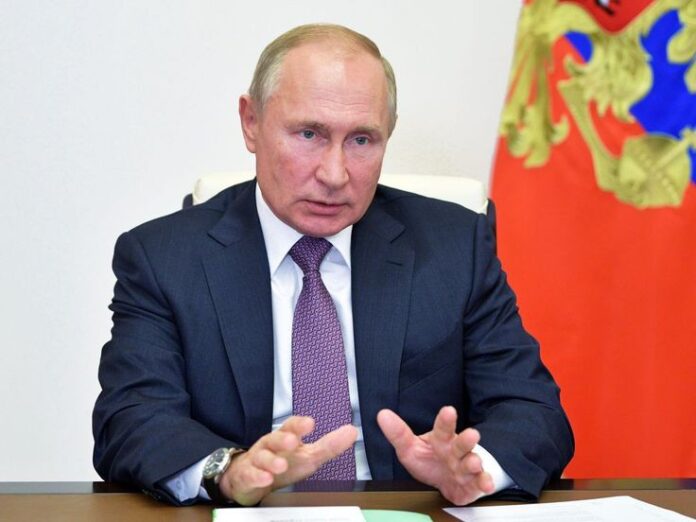In a tit-for-tat response to the International Criminal Court’s (ICC) arrest warrant for Russian President Vladimir Putin, Russia has escalated tensions by placing Karim Khan, a British prosecutor at the Hague-based court, on its own “wanted” list. Politico, a German-owned political newspaper based in the US, reported that Khan’s photograph and personal details were visible in the Russian Interior Ministry’s database, where he is labeled as “wanted on felony charges.”
The ICC had issued the arrest warrant for Putin and Russian official Maria Alekseyevna Lvova-Belova in connection with an alleged conspiracy to deport Ukrainian minors to Russia. Holding Putin “responsible for war crimes” committed by Russian forces during the ongoing conflict in Ukraine, the court accused him of unlawful deportation and transfer of children from occupied areas to Russia. In a retaliatory move, Russia initiated criminal proceedings against Khan and three ICC judges, accusing them of committing “signs of crimes” under Russian law. The charges against Khan include knowingly accusing an innocent individual of a crime, while the judges are accused of intentionally wrongful imprisonment.
Russia’s aggressive response to the ICC’s actions further deepens its isolation from the West. Following the country’s invasion of Ukraine in February 2022, Russia was expelled from the Council of Europe, a prominent human rights watchdog. These recent developments signal a widening divide between Russia and international organizations, raising concerns about the country’s engagement with the global community. The reciprocal targeting of individuals involved in the legal proceedings highlights the escalating tensions between Russia and the ICC. As both sides continue to assert their positions, the situation remains precarious, with implications for international justice and diplomatic relations.


